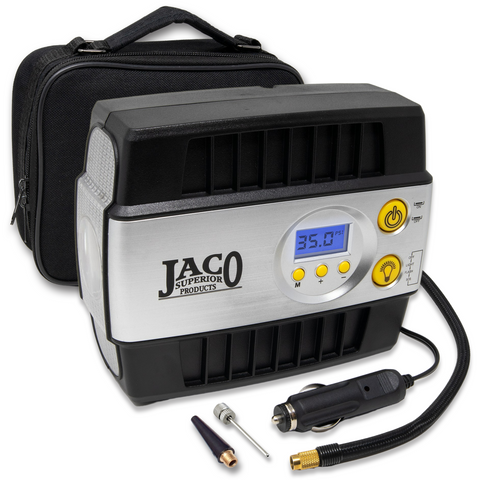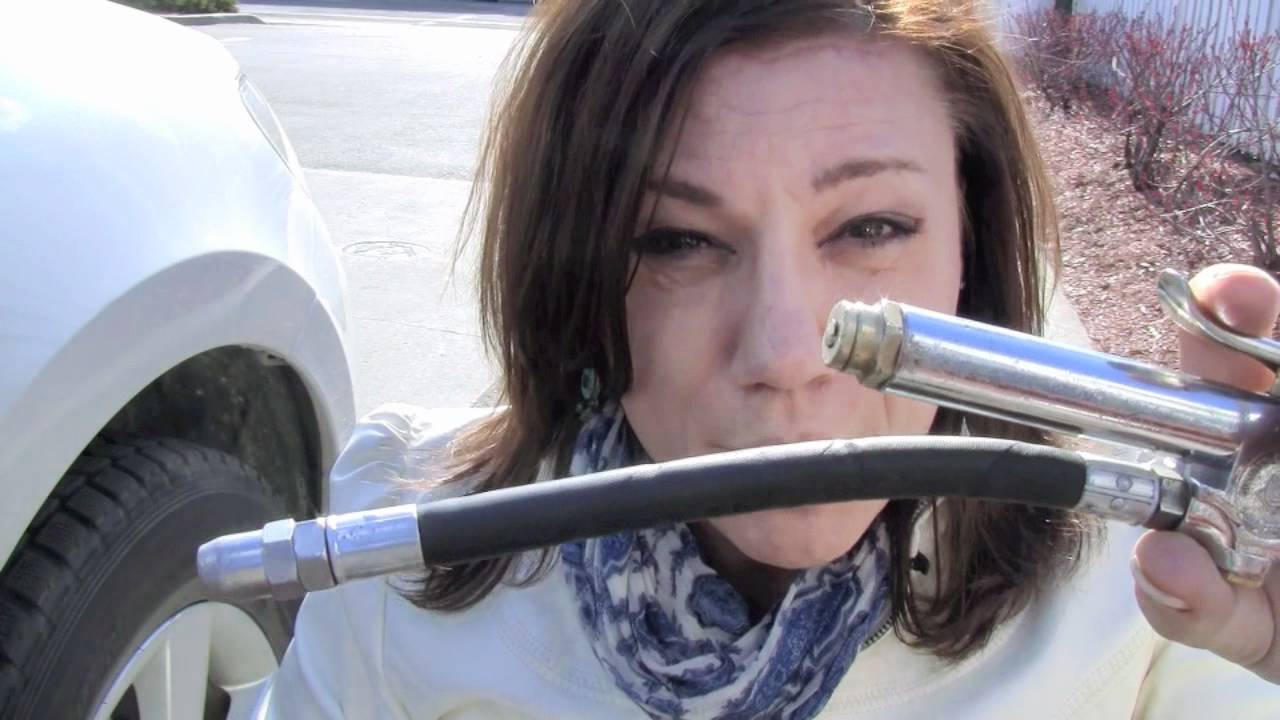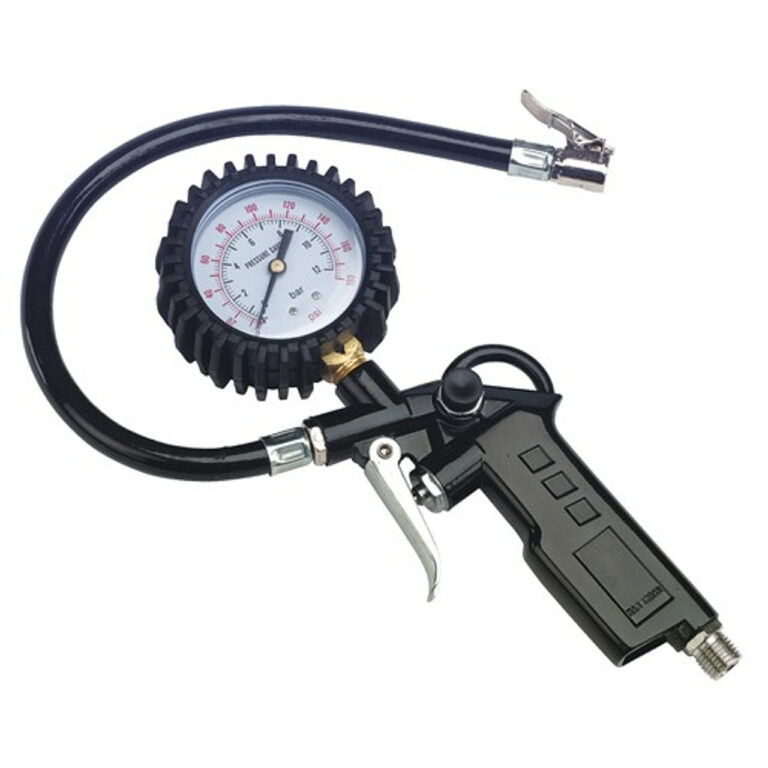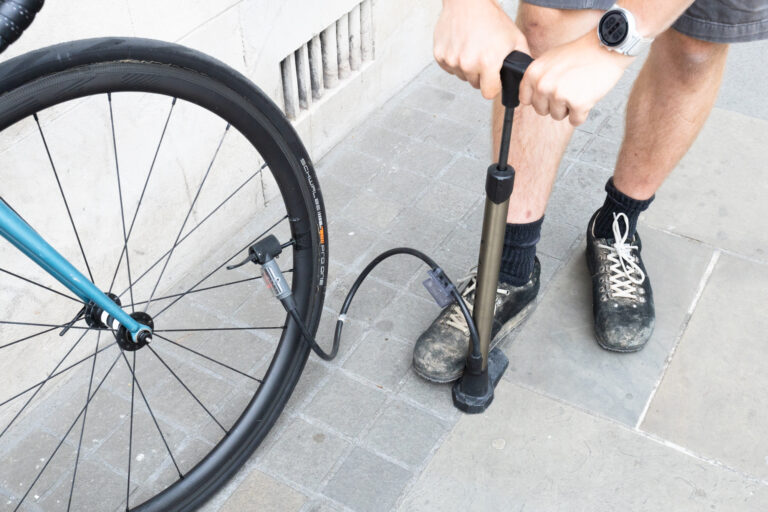How to Use Tire Inflator for Air Compressor: Quick Guide
Inflating tires is important for safe driving. An air compressor can make this task easy. Using a tire inflator with an air compressor is simple. This guide will help you understand how to do it.
What is a Tire Inflator?
A tire inflator is a tool. It helps fill tires with air. It can be manual or powered. Powered inflators are faster and easier to use.
What is an Air Compressor?
An air compressor is a machine. It increases air pressure. It can power various tools. You can also use it to inflate tires.
Why Use an Air Compressor for Tire Inflation?
- Faster inflation than manual pumps.
- More powerful than small inflators.
- Can inflate other items like sports balls.
- Easy to use and often portable.

What You Need
Before you start, gather the following items:
- A tire inflator.
- An air compressor.
- A tire pressure gauge.
- Safety glasses (optional).
Step-by-Step Guide to Using a Tire Inflator with an Air Compressor
Step 1: Check Tire Pressure
Before inflating, check the tire pressure. Use a tire pressure gauge. This tool tells you how much air is inside the tire. The recommended pressure is usually on a sticker inside the car door.
Step 2: Prepare The Air Compressor
Turn on the air compressor. Make sure it is plugged in and working. Set the pressure to the recommended level for your tires. Most tires need between 30 and 35 psi.
Step 3: Connect The Tire Inflator
Take the tire inflator and connect it to the air compressor. Make sure the connection is tight. This will ensure no air leaks during inflation.
Step 4: Attach The Inflator To The Tire
Now, attach the tire inflator nozzle to the tire valve. The valve is usually on the side of the tire. Make sure it fits snugly to prevent air from escaping.
Step 5: Inflate The Tire
Turn on the air compressor. Watch as the tire fills with air. It may take a few minutes. Keep an eye on the pressure gauge.
Step 6: Check The Pressure Again
After a few minutes, stop the air compressor. Remove the tire inflator from the valve. Use the tire pressure gauge again to check the pressure. Make sure it is at the recommended level.
Step 7: Replace The Valve Cap
Don’t forget to put the valve cap back on. This keeps dirt and moisture out of the tire. It also helps maintain tire pressure.
Step 8: Repeat If Necessary
If other tires need air, repeat the process. Always check each tire’s pressure before inflating.
Safety Tips
- Always wear safety glasses while using the air compressor.
- Do not overinflate your tires. This can cause a blowout.
- Keep children and pets away from the compressor.
- Check the compressor’s power cord for damage before use.
Common Issues and Troubleshooting
Issue 1: Air Compressor Won’t Turn On
Check if it is plugged in. Make sure the outlet is working. Reset the breaker if necessary.
Issue 2: Tire Inflator Leaking Air
Check the connection. Make sure it is tight. Inspect the hose for any damage.
Issue 3: Tire Not Inflating
Make sure the compressor is turned on. Check if the tire valve is open. Ensure the tire is not damaged.
When to Inflate Your Tires
It’s good to check your tires regularly. Inflate them:
- At least once a month.
- Before long trips.
- When the weather changes.

Frequently Asked Questions
How Do I Connect A Tire Inflator?
Connect the inflator’s hose to the air compressor outlet securely. Ensure a tight fit to avoid air leaks.
What Is A Tire Inflator Used For?
A tire inflator is used to inflate tires quickly and efficiently, ensuring proper pressure for safety and performance.
Can I Use Any Air Compressor?
Most tire inflators work with standard air compressors, but always check compatibility for optimal performance.
How Long Does It Take To Inflate A Tire?
Inflating a standard tire typically takes 3 to 10 minutes, depending on the tire size and pressure needed.
Conclusion
Using a tire inflator with an air compressor is easy. Follow the steps above for safe inflation. Regularly check your tire pressure for better driving. This will help keep you safe on the road.
Now, you know how to use a tire inflator for an air compressor. Happy driving!



